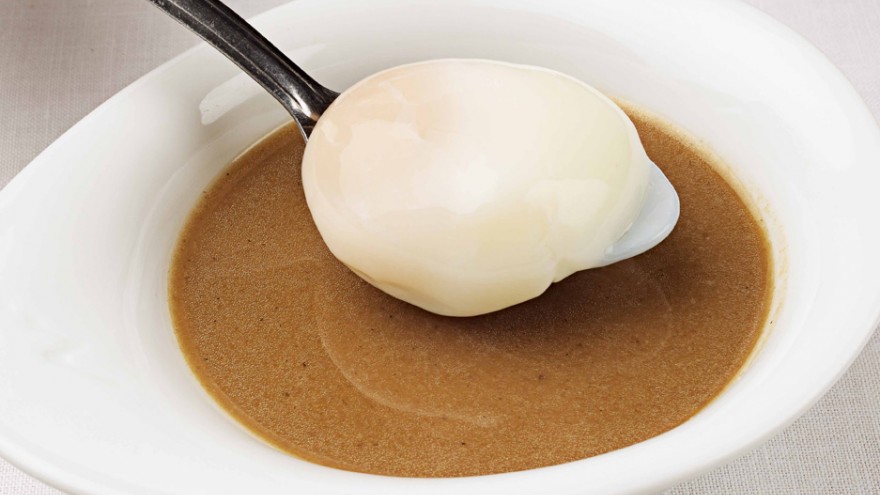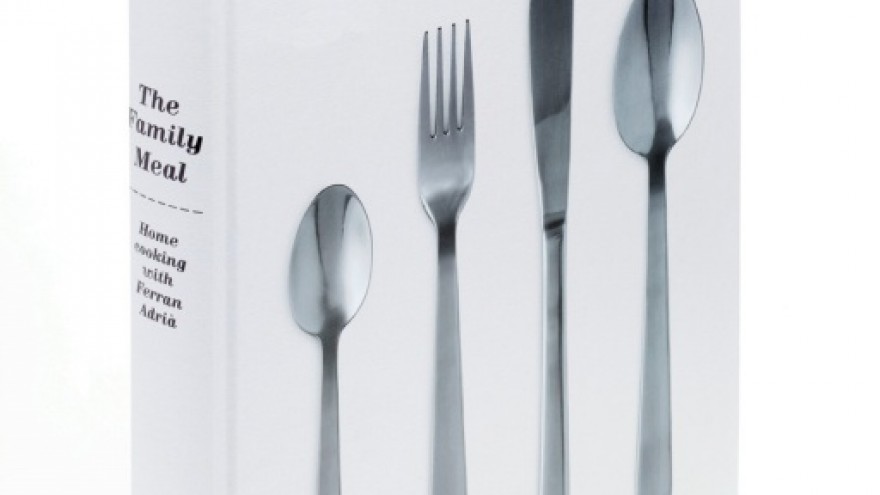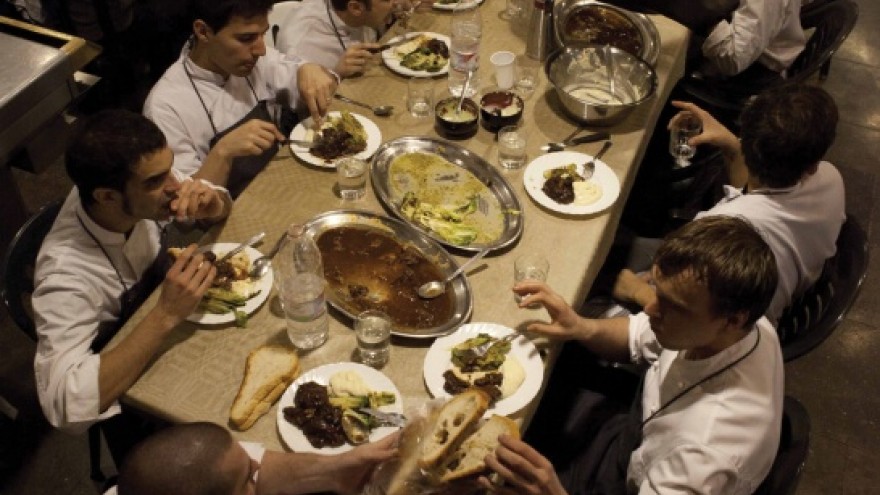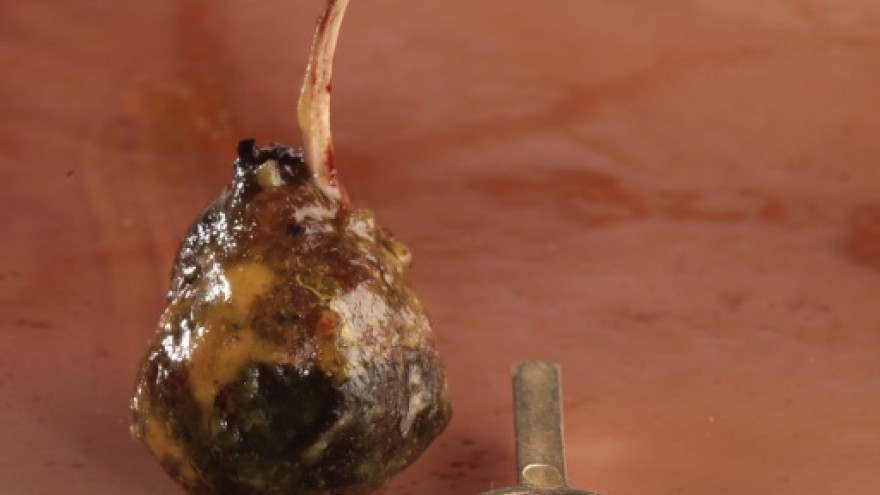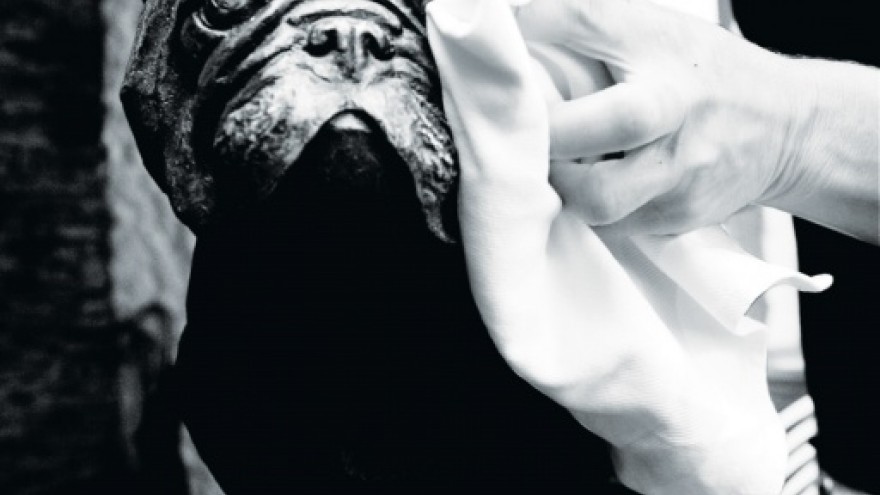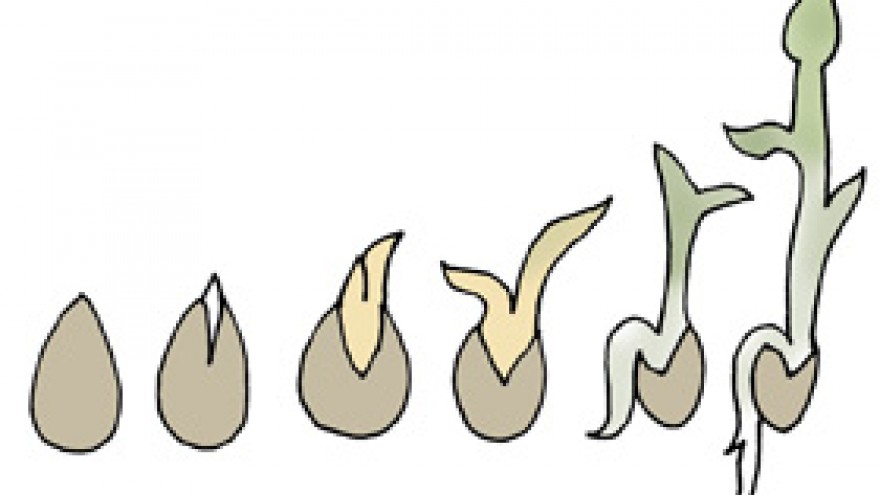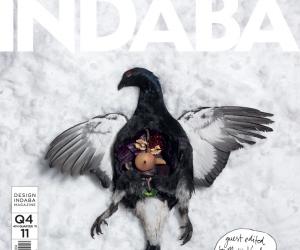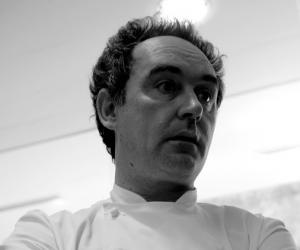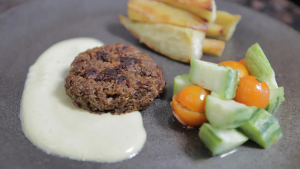First Published in
Ferran Adrià has sweated at the coalface of avant garde cooking for the better part of his 49 years. Ranked the best restaurant in the world from 2006 to 2009, elBulli was known for annually receiving 1 million table requests for the 8 000 tables it could accommodate in its six-month season. However, just a few months ago, at the end of July, the famous restaurant closed its doors.
The food world has lamented the prospect of not being able to experience elBulli again. Chefs the world over responded by preparing tribute dinners based on elBulli menus to recognise the man who has defined contemporary gastronomy.
However, Adrià is far from retired. After taking a holiday in August, in September he led the world’s leading chefs in signing the “Declaración de Lima”. In October he published his first book pitched at home cooking, The Family Meal: Home Cooking with Ferran Adrià with Phaidon. Based on how the elBulli staff would feed themselves, it is significant of Adrià seeking more than simply three Michelin stars.
What happens now after elBulli has closed?
elBulli is not closed, it is being transformed into the elBulli Foundation. This transformation is not something new when you look at the history of the restaurant. It has constantly undergone change, but never with as much impact as now. At the foundation, which one could describe as an evolution of the elBulli workshop, we will focus on creativity, which is our passion. We will try to transmit creativity constantly and comfortably so that all those interested in our work can access it quickly and accurately. New technologies will have great importance.
Is the era of gastronomy over, as some people are saying?
There are dedicated professionals in the world who are proving every day that the kitchen is a constantly evolving discipline. Our work at the foundation will also, as always, continue to contribute to the progress of gastronomy.
What is more important when it comes to food – preparation, culture, diet or nutrition?
All the factors you mention are important because they are interrelated. If one of these points fails, the overall outcome is negative. This shows that cooking is a discipline where many factors converge and coexist, relevant to our society, welfare and health.
You are interested in the person having eating the experience. How would you make your ideas more accessible to the public, promoting creative food to a broader audience?
We are aware of the limitations we have at a restaurant like elBulli, as both the production and staging in a restaurant of this type is impossible to play out for a large amount of people. For many years this has been a huge problem and frustration for us because we cannot meet all the requests for tables.
Still, we believe that by working through the elBulli Foundation, more people from the world of catering and gastronomy (among others), will be able to come into contact with and experience our work, in the end leading to more consumers having similar dining experiences all over the planet.
In addition, for years the foundation has worked with Alicia (www.alicia.cat) on improving the quality of food in other areas of public dining, such as hospitals, soup kitchens, schools and nursing homes.
Do you think you could improve the quality of life of average people with creativity and food?
There is evidence that leading a healthy and balanced diet is critical to health and disease prevention. In addition, when a person enjoys a dining experience, they are happy and happiness, no doubt, improves our lives.
What are some mistakes you have made over the past years that other people can learn from?
Like everyone, I have made many mistakes. Out of all of them however, what has generated the most controversy is that we have not always explained our work well. We have learned this lesson, which is why we are placing so much importance on disseminating and explaining our work at the elBulli Foundation.
What are the things you would still like to discover or develop?
Lots of things! However, if I had to choose one, it would be solving one of our greatest challenges: Hot ice cream.
Why has the world so suddenly become obsessed with food and eating, and is this a healthy obsession?
I actually don’t think that’s true. If we count the time we spend shopping for, preparing and eating food in our daily lives, we actually only spend about 20% of our time on food. If we consider how important a healthy diet is to our health, food is actually quite a trivial factor.
Still, we should not obsess, and we should understand the difference between daily meals and the food that makes an experience out of dining in a restaurant.
There is another factor (I think the most important) related to food. The biggest, most urgent challenge today is to mitigate the lack of food. People around the world must stop wasting food in everyday life. This is worth everyone obsessing over.
What can other types of design learn from chefs like you?
The synergies between different creative disciplines are very positive, interesting and enriching. I have learned much from other fields. More and more professionals from other sectors have also become interested in the way we work, using it as inspiration for methodologies they can apply to different scopes. For example, this year I taught a course at Harvard University (with whom I have collaborated for several years) on creativity. The attendees came from many diverse disciplines.
El Bulli: Cooking In Progress (2011) is featuring at the Design Indaba Filmfest 2012. Watch designindaba.com for details.

